The unprecedented challenge facing Vietnam’s seafood industry began after the US National Oceanic and Atmospheric Administration (NOAA) unexpectedly announced its refusal to recognize equivalence for 12 Vietnamese seafood fishing occupations under the Marine Mammal Protection Act (MMPA).
According to a letter sent by NOAA to the Bureau of Fisheries and Fisheries ( Ministry of Agriculture and Environment ) on August 26, products from 12 rejected fisheries will be banned from being imported into the US starting January 1, 2026. This ban targets fishing methods using gillnets and trawls, which are considered to pose a high risk of harming marine mammals such as dolphins and whales.
Products from 12 rejected fisheries will be banned from import into the US, including flounder, sailfish, mullet, snapper, swordfish, grouper, tuna, mackerel, crab, swimming crab, squid, and lobster.
Tuna processing at a Vietnamese seafood factory. This is the industry most severely damaged by the US decision (Photo: VASEP).
This decision, considered a "shock", is directly threatening the export turnover of half a billion USD, the livelihoods of hundreds of thousands of workers and the position of Vietnamese seafood in the international arena.
According to exporters, the immediate economic damage is huge. The Vietnam Association of Seafood Exporters and Producers (VASEP) estimates that the seafood industry could lose about $500 million a year from the US market. This figure is equivalent to the total export value of affected products to the US in 2024 of $511.5 million.
Tuna, the product with the largest proportion, is at risk of losing the US market, which accounts for 387 million USD of the total export turnover of nearly 1 billion USD in 2024.
Other important products such as crab, squid, grouper, mackerel, swordfish will also suffer the same fate. Not only will exporting businesses suffer, this decision will also directly impact the livelihoods of hundreds of thousands of fishermen and workers in processing plants.
According to VASEP, it is worth noting that NOAA's ruling puts Vietnam at a "double disadvantage" compared to its competitors. While direct competitors such as Thailand, India, and Japan are all recognized as fully equivalent and have open access to the US, Vietnam faces the risk of losing market share to itself. US importers will certainly prioritize a stable supply without legal barriers, weakening the competitiveness of Vietnamese seafood.
More seriously, Vietnam depends on 75-80% of imported tuna raw materials to process products for export to the US. Many countries and territories that are both competitors and main suppliers of raw materials for Vietnam such as Indonesia, China, the Philippines, and Taiwan (China) have also been partially rejected. Now this supply is also limited, making it difficult for Vietnamese businesses to sell their own caught products, but also to have no valid raw materials for production.
This “shocking” decision not only threatens the export turnover of 500 million USD, but also directly affects the livelihoods of hundreds of thousands of fishermen, workers and the position of Vietnamese seafood in the international market, VASEP said.
Faced with the urgent situation, VASEP and the business community quickly took action. Immediately after the emergency meeting on September 8, VASEP sent a petition to the Government and ministries, proposing short-term and long-term solutions.
Key actions include asking the Government to hire US consultants to provide technical and lobbying support, establishing an interagency working group to develop a response plan, and working with NOAA to clarify the roadmap and request a transition mechanism.
On the business side, VASEP recommends that members closely coordinate with the Association, proactively work with US importers and develop scenarios to adjust production and markets.
Source: https://dantri.com.vn/kinh-doanh/nganh-thuy-hai-san-viet-nam-choang-vang-truoc-quyet-dinh-cua-my-20250912093711759.htm


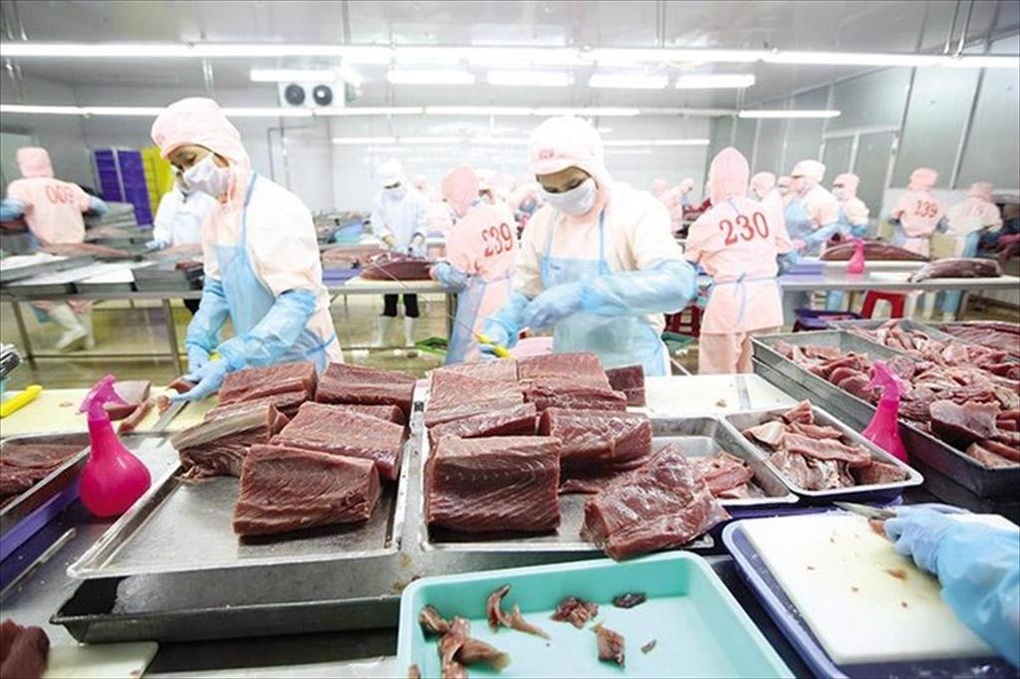



![[Photo] Prime Minister Pham Minh Chinh launched a peak emulation campaign to achieve achievements in celebration of the 14th National Party Congress](https://vphoto.vietnam.vn/thumb/1200x675/vietnam/resource/IMAGE/2025/10/5/8869ec5cdbc740f58fbf2ae73f065076)


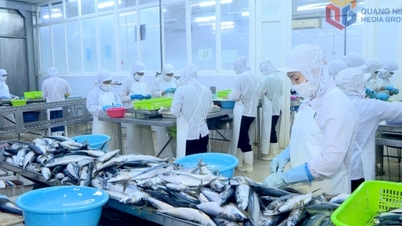

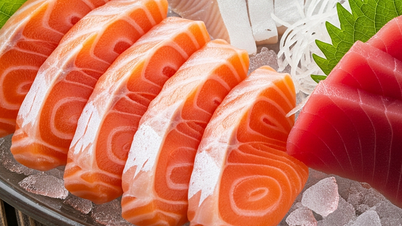




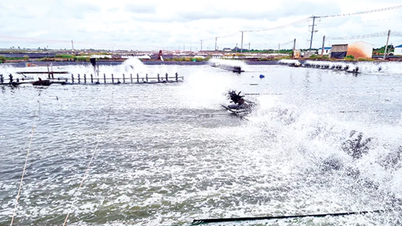

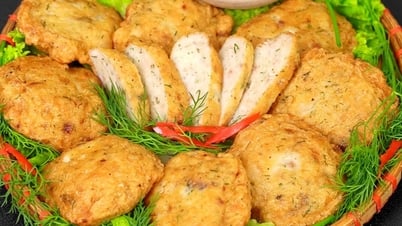





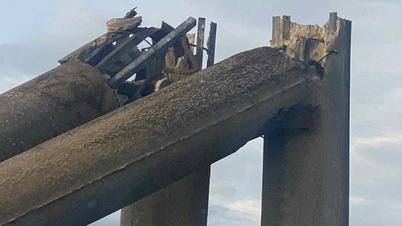

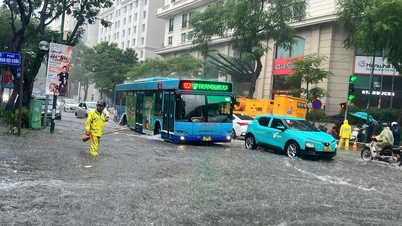












![[Photo] Bustling Mid-Autumn Festival at the Museum of Ethnology](https://vphoto.vietnam.vn/thumb/1200x675/vietnam/resource/IMAGE/2025/10/4/da8d5927734d4ca58e3eced14bc435a3)






















![[VIDEO] Summary of Petrovietnam's 50th Anniversary Ceremony](https://vphoto.vietnam.vn/thumb/402x226/vietnam/resource/IMAGE/2025/10/4/abe133bdb8114793a16d4fe3e5bd0f12)

![[VIDEO] GENERAL SECRETARY TO LAM AWARDS PETROVIETNAM 8 GOLDEN WORDS: "PIONEER - EXCELLENT - SUSTAINABLE - GLOBAL"](https://vphoto.vietnam.vn/thumb/402x226/vietnam/resource/IMAGE/2025/7/23/c2fdb48863e846cfa9fb8e6ea9cf44e7)













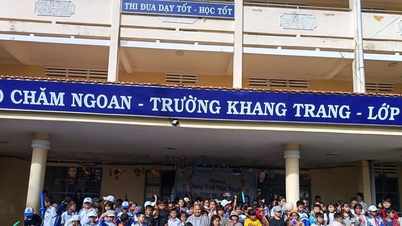



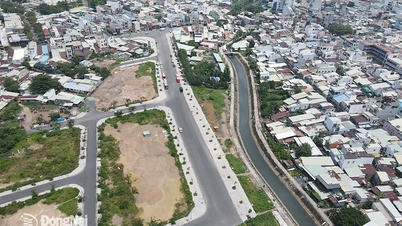

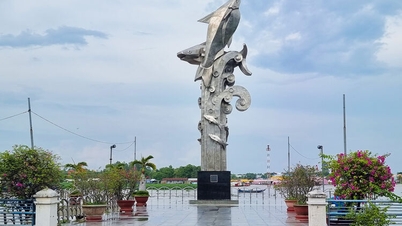
















Comment (0)